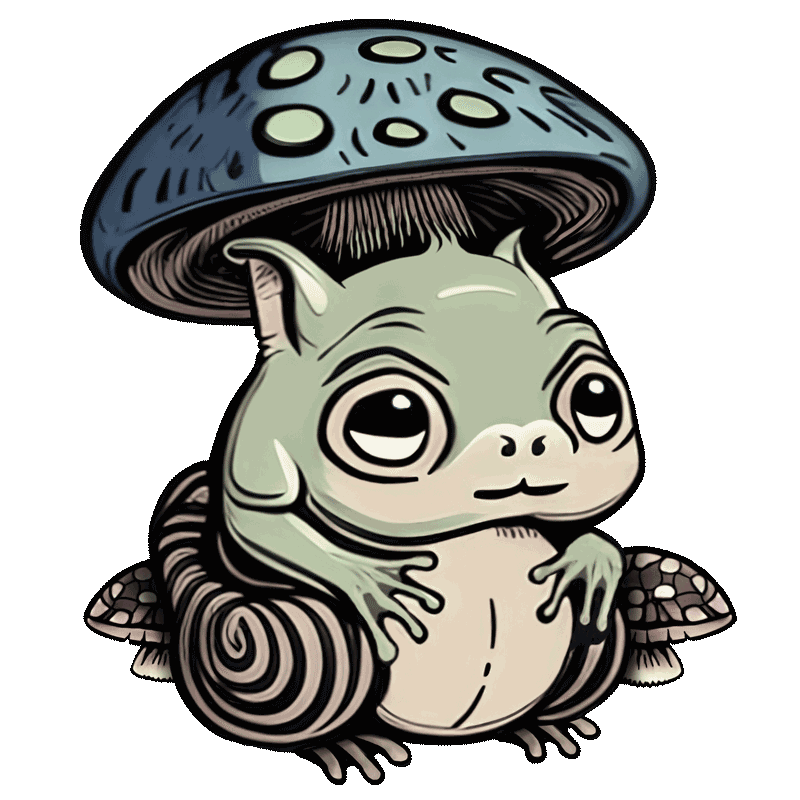Not specific to AI, some of the people I work with make me prone to drinking as well
Is this because they have less human interaction or is it because using these tools (that potentially cost coworkers their jobs) they see a future that could also cost them their job etc.
It just doesn’t add up, why would working with AI tools opposed to any other software tool cause more drinking, it’s not like they are that fundamentally different. It’s still a tool.
I’d be interested to see how they isolated use of AI from, well, everything else that’s happened in the last three years.
We are more stressed, burned out, socially isolated, broke, and pessimistic than ever.
The findings do make sense I think, if AI is replacing interpersonal collaboration and already dwindling social contact within that larger context, combined with the knowledge that (in my case, anyway) the very tool you’re using also poses a threat to your own financial future.
I mean yeah, shit sucks rn and I feel like its definitely possible that companies that are more likely to implement AI are already worse to work for. Psych isn’t really my field but I did briefly read the paper and it seems to me like they were pretty thorough. They used multiple companies in different locations and forms of AI, across a few variations of the theme.
Method 1: Three week study, same company & position, no intervention, just tracking correlation between AI use and social variables.
Method 2: Three week study, same company & position, AI usage intervention (as much as possible (test) vs none at all (control))
Method 3: Different companies & position, one-off 30 minute business simulation experiment, AI usage vs no AI.
Method 4: Three week study, same company, different position, AI usage intervention.
The paper is linked from the article, but here it is anyway: https://www.apa.org/pubs/journals/releases/apl-apl0001103.pdf
deleted by creator
Pretty sure that’s just work.
Came to say this
“First, the researchers surveyed engineers at a Taiwanese biomedical firm. Within that group of 166 employees, there was a correlation between use of AI and feeling lonelier, which was, in turn, correlated with drinking more, and sleeping less.”
pretty sure this “study” is invalid.
first step is the mgmnt of this biomed firm needs to rethink they way they are treating thier people, I highly doubt thier quality of life degraded AFTER AI and only because of AI not because of outsized management expectations of what people can do with AI (im already seeing this)
I guess I must be the only one who loves tools like copilot. It’s not perfect, but it is pretty solid and eliminates writing a ton of boiler plate for my work
It’s not even relevant. The study “surveying 794 employees in all. Over the course of surveys conducted in spring 2021 and spring 2022”. So think about the AI and other tools that people had already been exposed to at the time the survey was done a couple years ago. The “AI” they’re talking about then is nothing like what we’re experiencing now. (e.g., Copilot)







